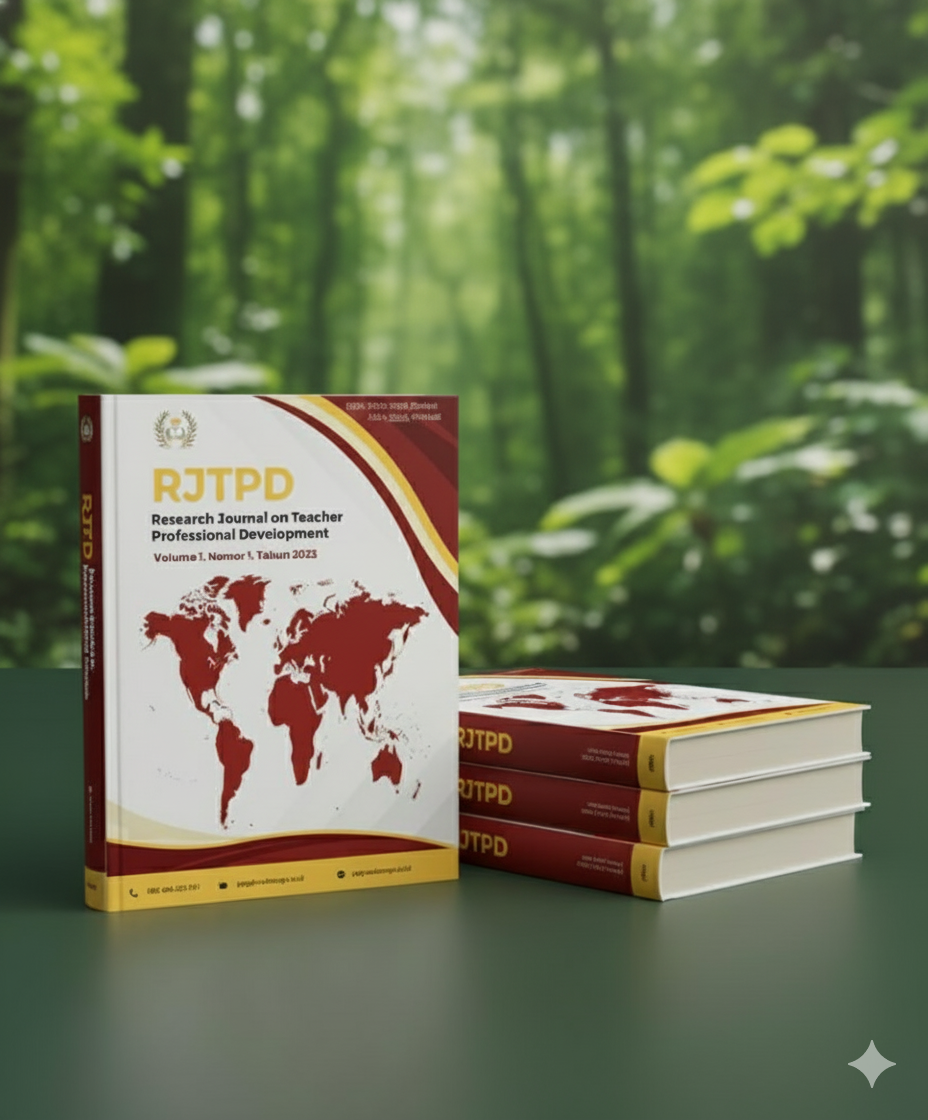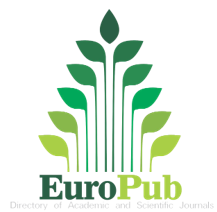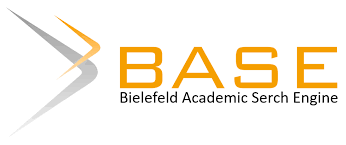Improvement of Learning Outcomes of The Qur'an Hadith by Using The Inquiry Learning Model of Piety Material In Madrasah Ibtidaiyah
DOI:
https://doi.org/10.21580/rjtpd.v2i2.15361Keywords:
Learning Outcomes, Al-Qur'an Hadith, Inquiry Learning, Piety Material, Madrasah IbtidaiyahAbstract
This research aims to improve the learning outcomes of the Qur'an Hadith by using the Inquiry Learning model of Takwa material at Madrasah Ibtidaiyah. Learning the Qur'an Hadith material of Piety in grade IV of MI Al Hidayah Langon Jepara using the Inquiry Learning method has proven to be effective in improving student learning outcomes. This study uses the Classroom Action Research (PTK) method which involves four stages: planning, action, observation, and reflection. Each cycle is carried out repeatedly with a focus on the application of the Inquiry Learning method. The results of the study show that this method significantly improves students' understanding of Takwa material. In the pre-cycle, the average score of students only reached 58.40, indicating that understanding was still low. However, after the application of the Inquiry Learning method, the average score of students increased gradually in the first cycle (69.42), the second cycle (80.07), and the third cycle (85.07), which showed a significant increase until it reached the high category. This increase illustrates the effectiveness of the Inquiry Learning method in helping students achieve a deeper understanding of the material being taught. The learning outcomes of students who exceeded the KKM target by 85% showed that this method was very suitable to be applied in learning the Qur'an Hadith, especially in the material of Piety. Thus, the application of the Inquiry Learning method in learning at MI Al Hidayah Langon Jepara can be considered successful and make a positive contribution to improving the quality of education, especially in the subject of Al-Qur'an Hadith. This proves that an active and participatory approach to learning can bring significant results.
Downloads
References
Agus Suprijono. Cooperatuve Learning Theory and Application of Paikem. (Yogyakarta: Pustaka Belajar. 2015). 133
Astutik, P., & Hariyati, N. (2021). The Role of Teachers and Learning Strategies in the Application of 21st Century Skills in Primary and Secondary Education. Journal of Educational Management Inspiration, 9(3), 619.
Christiana, E. (2020, September). Academic burnout during the covid 19 pandemic. In Proceedings of the Guidance and Counseling Seminar: 8.
Fany, M. S., & Sholihat, N. (2024). Examining the Learning Models of Problem-Based Learning and Inquiry-Based Learning in Improving Students' Critical Thinking Skills. Supernova Science Education Journal, 2(1), 45.
Jumaisa, J. (2020). Learning Choice Model, Inquiry or Expository? Scientific Journal of Mandala Education, 6(2).
Machali, I. (2022). How to Conduct Classroom Action Research for Teachers. Ijar, 1(2): 12.
Nafiati, D. A. (2021). Bloom's taxonomic revisions: Cognitive, Affective, and Psychomotor. Humanities, Scientific Studies of General Courses, 21(2), 151.
Nugroho, A. G., & Latifah, L. (2022). The Learning Process Using Inquiry Strategies in School-Based Management (MBS) with Teacher Satisfaction Results at Madrasah Tsanawiyah Assalam Martapura. AL-ULUM: Journal of Social Sciences and Humanities, 8(2).
Nurwahid, H., Sulla, F. Y., & Barella, Y. (2024). Inquiry Learning: Definition, Syntax and Examples of Implementation in the Classroom. Indonesian Journal on Education and Learning, 1(2), 39.
Pramana, P. M. A., Suarni, N. K., & Margunayasa, I. G. (2024). The Relevance of Constructivism Learning Theory with the Guided Inquiry Model to Student Learning Outcomes. Ideguru: Journal of Teacher's Scientific Work, 9(2), 487.
Prihantoro, A., & Hidayat, F. (2019). Conduct classroom action research. Ulumuddin: Journal of Islamic Sciences, 9(1), 49.
Purwasi, L. A., & Fitriyana, N. (2020). Development of Discovery Learning-Based Student Worksheets. Journal of Mathematics Education: Judika Education, 3(1), 17.
Rezi, M., & Zubir, M. (2021). Development of Social Inquiry Model In Learning of The Quran-Hadith: Development Research In Madrasah Tsanawiyah. Didaktika Scientific Journal Vol, 22(1), 103.
Salsabila, A., & Puspitasari, P. (2020). Factors Affecting the Learning Achievement of Elementary School Students. Pandawa, 2(2), 278.
Saputra, N. (2021). Classroom Action Research. Muhammad Zaini Publisher Foundation.
Saputro, M. N. A., & Pakpahan, P. L. (2021). Measuring the effectiveness of constructivism theory in learning. Journal of Education and Instruction (JOEAI), 4(1), 24.
Simamora, F. A., Silaban, P., Silaban, N., Siregar, R., Tansliova, L., & Simanjuntak, H. (2024). Applying the Essence and Learning Strategies of Inquiry Learning in Indonesian Language Subjects. IJEDR: Indonesian Journal of Education and Development Research, 2(2), 1166.
Sudjana, Nana. 1990. Learning Theories for Teaching. Bandung: Faculty of Economics UI.
Suyono and Hariyanto, 2011 . Learning and Learning. Bandung: PT Remaja Rosdakarya Offset.
Wisman, Y., Effrata, E., & Tutesa, T. (2021). Application of the concept of learning outcome evaluation instruments. Kanderang Tingang Scientific Journal, 12(1), 1.
Yuniarti, R., Wijaya, S. A., & Harizahayu, H. (2023). Analysis of Student Learning Activities in the Application of Independent Learning in Mathematics. Apotema: Journal of Mathematics Education Study Program, 9(1), 74.
Rahmiati, R., Rezi, M., & Zubir, M. (2021). Development of Social Inquiry Model In Learning of The Quran-Hadith: Development Research In Madrasah Tsanawiyah. Scientific Journal of Didaktika, 22(1), 103.
Downloads
Published
Issue
Section
License
Copyright (c) 2024 zaenal arifin

This work is licensed under a Creative Commons Attribution-NonCommercial-ShareAlike 4.0 International License.
The copyright of the received article shall be assigned to the journal as the publisher of the journal. The intended copyright includes the right to publish the article in various forms (including reprints). The journal maintains the publishing rights to the published articles. Authors are allowed to use their articles for any legal purposes deemed necessary without written permission from the journal with an acknowledgment of initial publication to this journal.
















